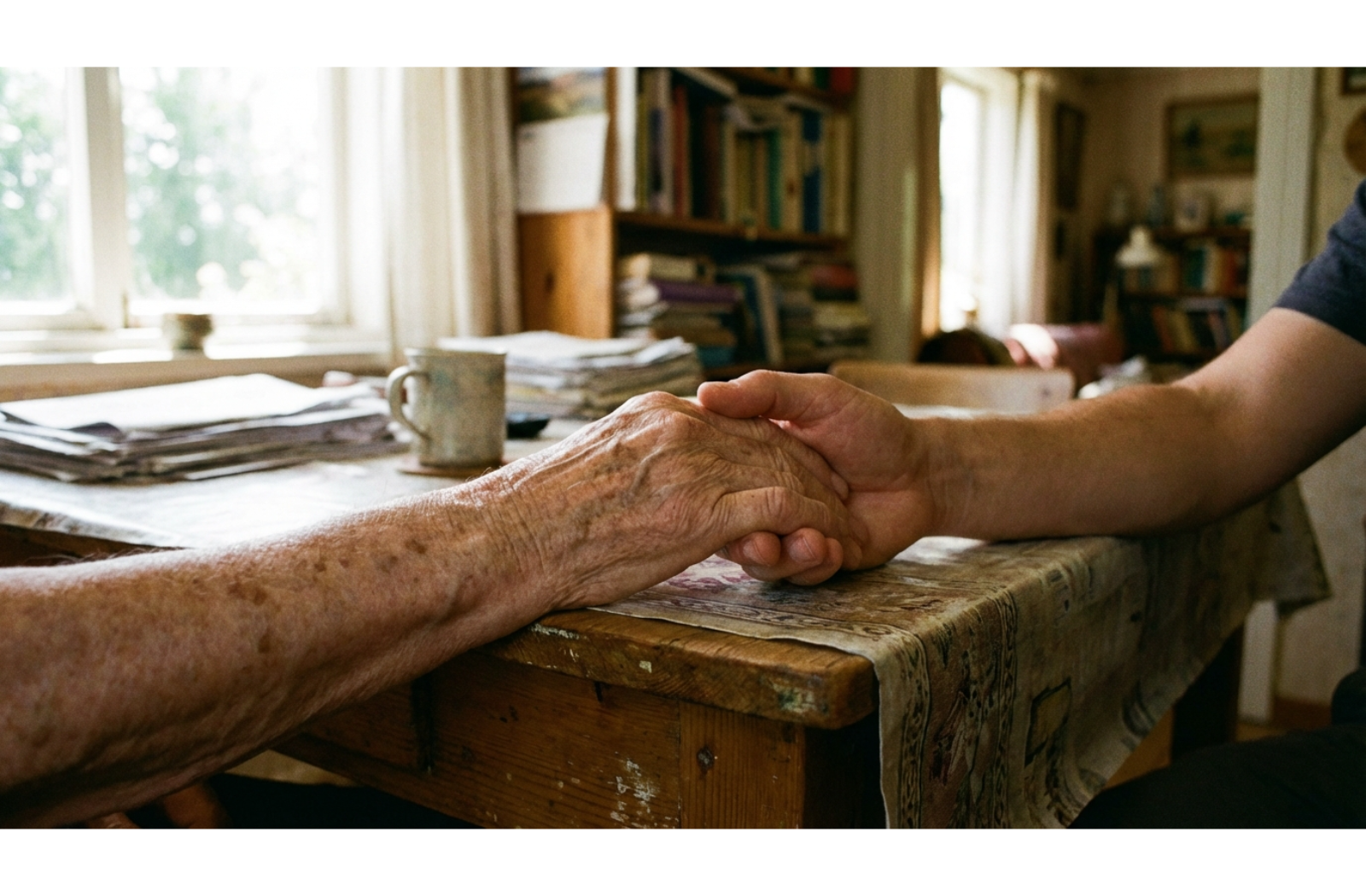Can Someone With Dementia Sign Legal Documents?
- Posted on
- By Mira Vie Senior Living

Dementia is a complex condition. It’s well-known for its effects on memory, reasoning, and cognitive abilities. Eventually, dementia leads to the need for professional support from a team of experienced professionals. But what about legal situations? Can a person with dementia sign legal documents?
In the early stages, a person with dementia is often considered to be capable of signing legal documents. However, as the condition progresses, this changes depending on their cognitive abilities. If your loved one’s mental capacity diminishes past a certain point, you may need to consider guardianship or power of attorney.
Does Dementia Affect Decision-Making?
Decision-making becomes more challenging as dementia progresses. Dementia is a neurodegenerative disorder—it directly damages brain cells and alters how a person’s brain functions.
Eventually, this damage becomes severe enough to affect:
- Memory
- Reasoning
- Judgment
- Decision-making
As it develops further, dementia impacts the ability to manage daily decisions. A person with dementia may struggle to manage their own finances, healthcare, or legal matters. Their impaired memory and reduced understanding may prevent them from making sound choices. Eventually, a person with dementia may no longer be capable of making their own legal decisions.
However, dementia affects everybody differently. Some people may stay capable of making certain decisions while others may face severe challenges right away. It differs depending on your loved one’s specific situation.
How Dementia Affects Legal Capacity
There’s a common term used when legal matters are involved: “mental capacity.” This determines whether or not a person is fully capable of understanding the nature of certain legal decisions.
Mental capacity is a critical factor when determining whether someone with dementia can sign legal documents. For documents to be valid, a person must demonstrate clear understanding and sound judgment at the time of signing.
Several factors are often used to assess legal capacity. These include:
- Understanding the consequences of their decisions
- Making informed choices
- Communicating those choices
- Appreciating their personal situation and options
If any of these components are missing, legal documents signed by someone with dementia may be considered invalid. If your loved one’s condition has progressed to the point where they no longer possess mental capacity, you’ll need to consider an alternative approach like guardianship.
What Is Guardianship for a Loved One With Dementia?
When dementia limits a person’s ability to handle legal or daily matters, guardianship can. Guardianship is a legal arrangement that enables someone else—usually a family member—to make decisions on their behalf.
It’s important to note the rules for guardianship vary from state to state. Here in New Jersey, there are several categories of guardianship:
- Guardianship of a person. This involves taking care of your loved one’s well-being with medical matters.
- Guardianship of an estate. This involves taking care of your loved one’s assets but not their personal health.
- Guardianship of a person and estate. This involves taking care of both categories above.
Then, there are 2 further limitations:
- Limited guardianship, where the guardian makes limited decisions for their loved one.
- General guardianship, where a person can exercise all rights and powers on another person’s behalf.
So how do you apply?

How to Apply for Guardianship for Someone With Dementia
Guardianship can take some time. It helps to start filing for this process sooner rather than later. If your loved one’s mental capacity worsens, this becomes a little more complex.
To apply, follow these key steps:
- Visit a healthcare professional with your loved one to obtain an official diagnosis of their mental capacity.
- Gather any necessary documentation, such as medical records, financial statements, or proof of your relationship with the individual.
- Contact your local courthouse or legal authority to obtain the correct guardianship application forms.
- Complete the application forms thoroughly and accurately, detailing why guardianship is necessary and how you plan to ensure the person’s best interests are protected.
- File the application with the court and pay any required fees. This is usually around $200, though it can vary.
- Attend the court hearing, where a judge will review the evidence and decide whether to grant the guardianship.
Guardianship is a great way to make sure your loved one is well taken care of. However, it can also be extremely complicated. It’s easy to become overwhelmed, so starting early gives you more time to navigate the process.
It helps to speak with an elder law attorney when considering guardianship. They can explain the benefits in detail and help you through the application. When it comes to your loved one’s well-being, professional support is key!
Preparing for the Future—Together
Planning for the future is rarely simple—especially when dementia is involved. But legal preparation can make a difficult path much easier to walk. Having a team of loving professionals at your side can make all the difference, and our team at Mira Vie Senior Living is here to help.
We understand the complex nature of conditions like dementia. We’re ready to step in and help your loved one in a way that makes a real difference. Schedule a tour with us today and learn how we can support your loved one on this journey!
Related Articles

Understanding Various Types of Assisted Living Contracts
Key Takeaways Senior living communities offer several contract types, including those with large entrance payments